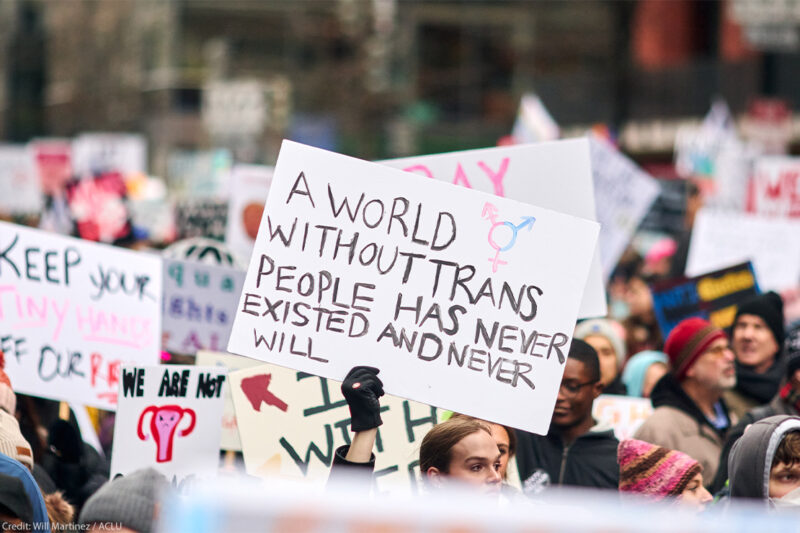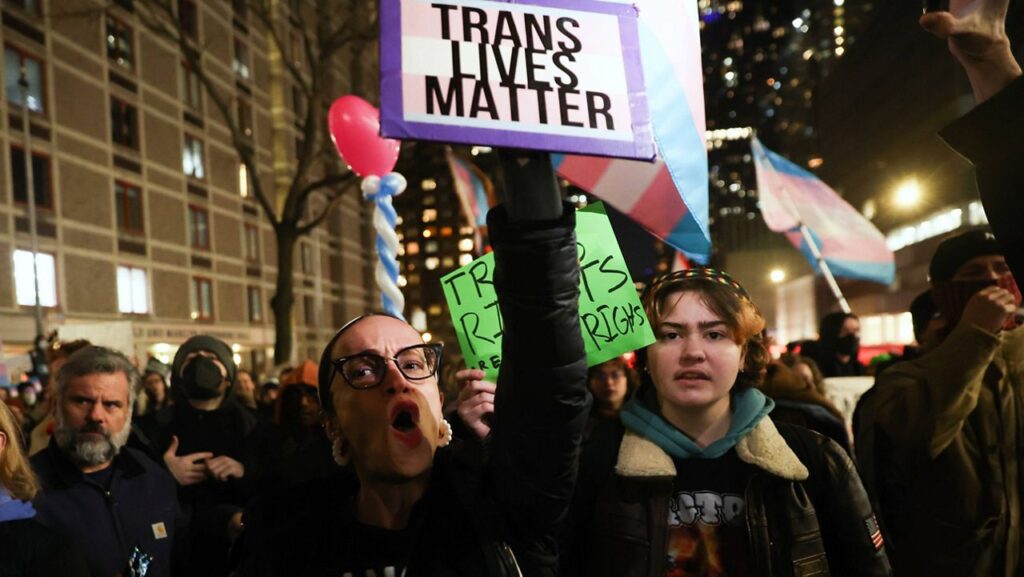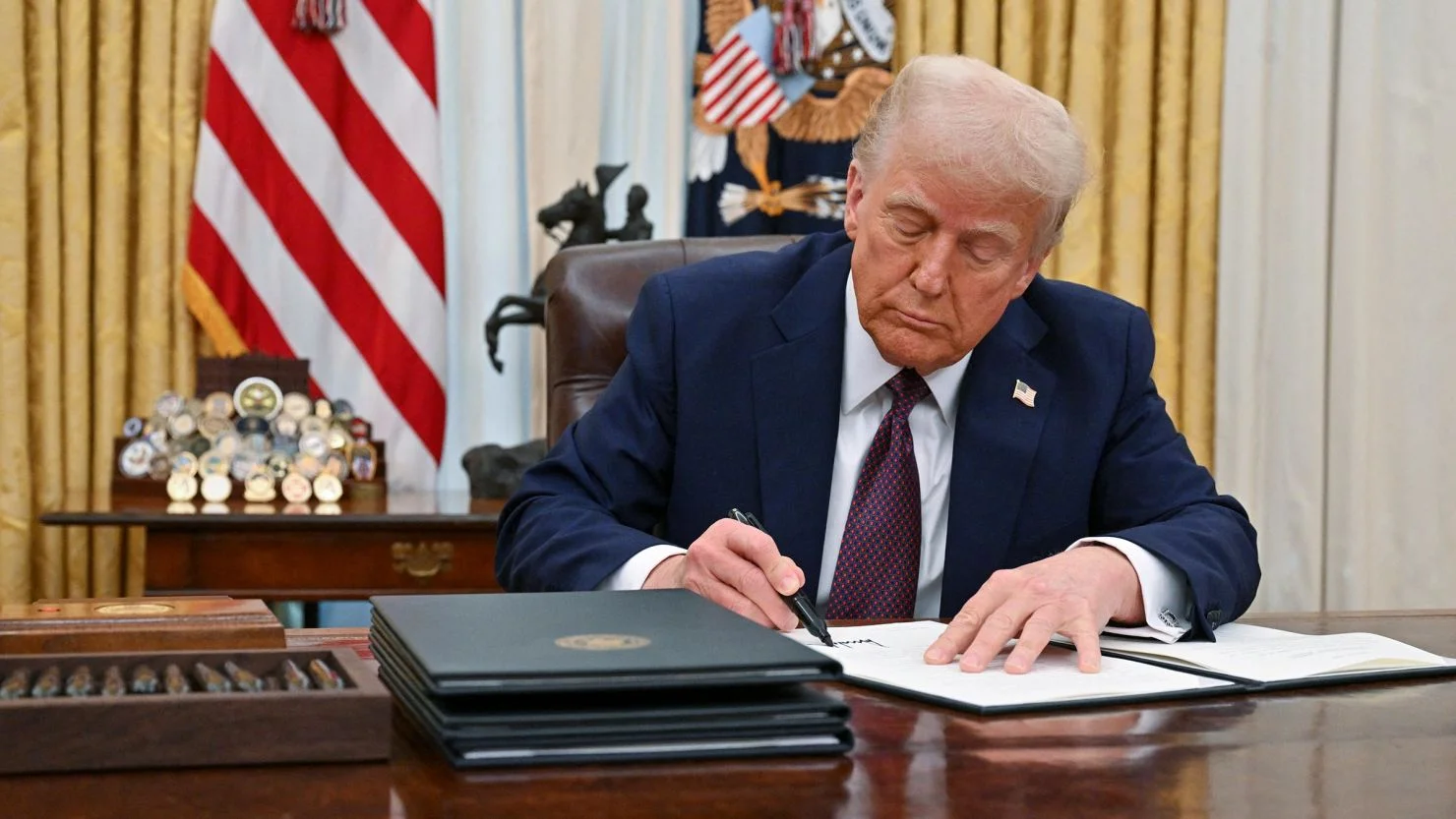In a move that has sparked significant debate across the political spectrum, President Donald Trump has signed an executive order aimed at banning transgender athletes from competing in women’s sports. This executive action, signed on February 6, 2025, promises to reshape the landscape of athletics, especially in the realm of collegiate and professional competitions.
The Executive Order’s Impact
The order, which was announced via a press release and backed by Trump’s commitment to preserving “fairness” in women’s sports, prohibits transgender individuals from participating in women’s events in schools, colleges, and federally funded sports organizations. Trump argues that allowing transgender women—biologically male athletes who transition to female—to compete against cisgender women puts female athletes at an inherent disadvantage.
“Sports are meant to be fair competitions. Transgender athletes, especially those who have undergone puberty as males, possess physical advantages that can undermine the achievements and opportunities of biological women,” Trump said during the announcement.
A Divisive Issue
Trump’s executive order has reignited the ongoing debate surrounding the rights of transgender individuals versus concerns about fairness in athletic competitions. Supporters of the ban argue that it ensures a level playing field, particularly in events where strength, speed, and stamina are key factors. They believe the presence of transgender women in women’s sports threatens to overshadow the achievements of cisgender women.

However, critics of the ban argue that it further marginalizes an already vulnerable community. Many transgender advocates and allies have pointed out that the order could further stigmatize transgender athletes and harm their mental and emotional well-being. They assert that the policy discriminates against transgender people and undermines their right to compete and express their gender identity.
Legal Challenges Expected
Given the polarizing nature of this executive order, legal experts predict that it will face immediate challenges in the courts. Civil rights groups have already voiced their intent to file lawsuits against the administration, asserting that the ban violates constitutional protections against discrimination.
“It’s crucial that every person, regardless of gender identity, has equal access to sports,” said one advocate for transgender rights. “This order is harmful and divisive, and we will fight it in court to ensure fairness for all athletes.”
Public Opinion and Political Ramifications
The issue of transgender athletes in women’s sports has been a key point of contention in American politics in recent years. In the past, it has sparked fiery debates in state legislatures, with several states passing similar laws restricting transgender athletes from competing in certain categories.

While Trump’s executive order is likely to energize his conservative base, the backlash from LGBTQ+ activists, progressive groups, and legal advocates may impact his political standing, especially as he positions himself for a potential 2024 presidential run. The debate surrounding this issue will undoubtedly continue to evolve as both sides of the argument brace for what lies ahead.
Conclusion
Trump’s signing of the executive order banning transgender athletes from competing in women’s sports marks a significant moment in the ongoing national conversation about gender identity, sports, and fairness. As legal battles loom and public discourse intensifies, the future of transgender athletes in women’s sports remains uncertain. One thing is clear: this issue is not going away anytime soon, and it will likely continue to influence politics, law, and society at large.




